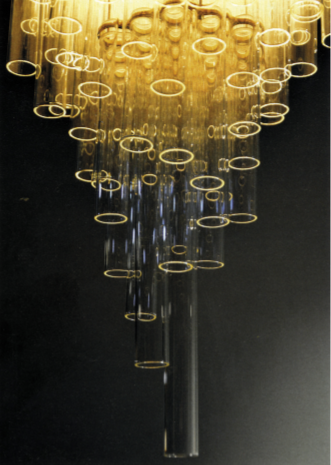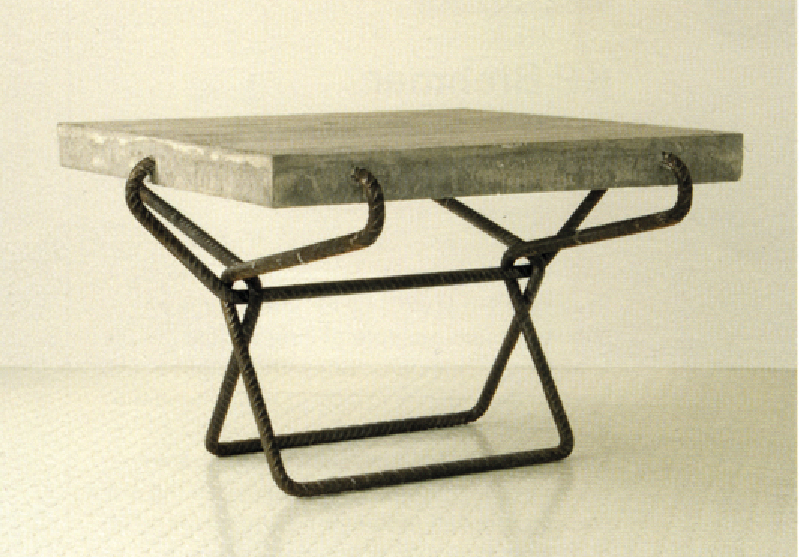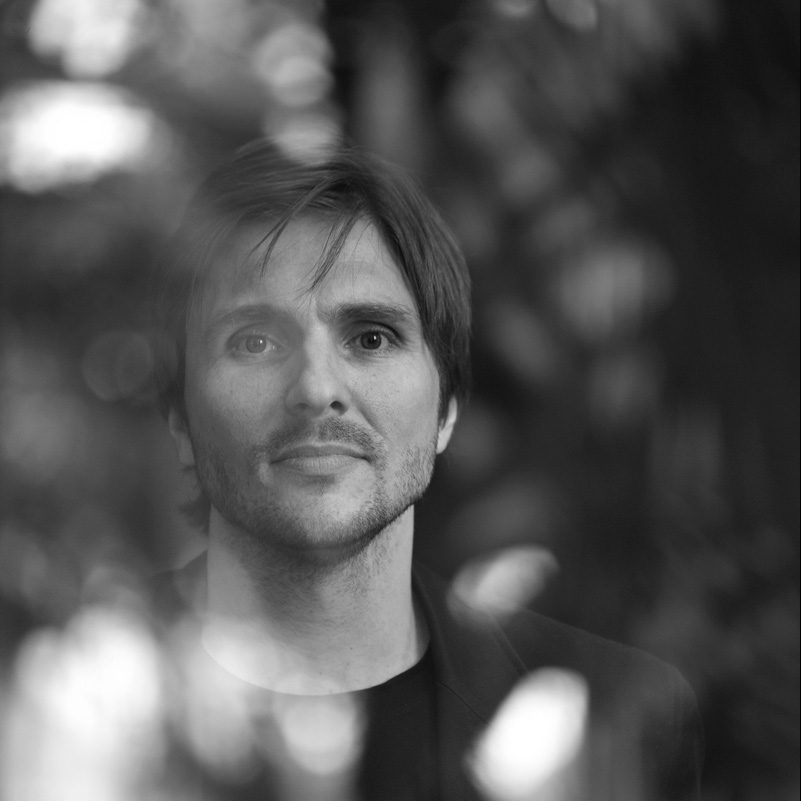
BELGRADE DESIGN WEEK 2014 by Icon magazine
After nine years, one of Europe’s quirkiest design festivals turns its attention to Serbia’s local creative talent. Debika Ray was there . Read original text here
The spotlight was on Serbian talent for the first time at this year’s Belgrade Design Week. Now in its ninth year, the week-long programme of talks, exhibitions and workshops – titled Brand New World – allowed homegrown designers and architects to take centre stage and present their work and ideas to an international audience. The accompanying question-and-answer sessions were a platform to vent frustrations about their country’s bureaucracy and academic system and share strategies for success.
The shift in focus is in keeping with host Jovan Jelovac’s original motives for establishing the event. “We founded it to one day bring Serbian designers to the stage,” he said. Indeed, the entire event seems to be part of his personal mission to nurture the Belgrade creative scene, giving local designers a place to meet each other and their international idols and creating what he suggests is like an alternative design school for the city.
Because of disputes with the original venue and floods in the city, the organisers were forced to scale down this year’s event. It took place in a disused former glass factory on the city’s fashionable Strahinjica Bana, dubbed “Silicone Valley” because of the surgically enhanced women that supposedly frequent the area. The building itself had been abandoned for decades and was cleaned up over three days by a team of volunteers.
This year’s venue had about half the capacity of the old one. As a result, the event – which has previously attracted such design luminaries as Erwan Bouroullec, Rem Koolhaas, Jaime Hayon, Martino Gamper, Bjarke Ingels, Daniel Libeskind, Konstantin Gricic and Patrik Schumacher – was smaller than past years.

It did not entirely suffer for it. A halting start – headline speaker Massimiliano Fuksas sent a representative rather than coming himself – was compensated for by appearances by such figures as Kim Herforth Nielson of Dutch practice 3XN and Mexican architect Michel Rojkind speaking alongside up-and-coming designers such as Ralph Nauta of Studio Drift. The intimate space meant speakers mingled freely with the audience between talks, with breaks stretched out by the organisers’ laid-back attitude to timekeeping.
The programme came to life when speakers such as designer Tom Strala presented an argument, vision or philosophy rather than simply a slideshow of their work. They were all asked tackle the theme “Sense”, but many could have done with a more prescriptive brief. Interesting, too, were the talks from outside the traditional realm of design and architecture – trend forecaster Zuzanna Skalska declaring the “death of design”, advertising director Jeremy Ettinghausen revealing his vision of the new bohemia and Studio Appetit’s Ido Garini celebrating the aesthetic value of food.
An accompanying exhibition, which took a backseat to the talks, featured products, artwork and photography from Israel’s Design Museum Holon, a collection of basins by Konstantin Grcic, lighting by Japanese studio Nendo and work by some of the speakers.
Jelovac’s enthusiasm, both on stage and off, seems to explain how a privately run event such as this has continued as long as it has. His personal charisma and vision of the event as a regional catalyst are the key to attracting speakers – a talent he demonstrated to all by sealing deals and extracting promises from speakers live in stage.
And this vision for the future of design in the region was vindicated by the fact that the two Croatian speakers who closed the programme created the greatest stir. Comic book artist Igor Kordey brought tears to the eyes of the 40-something designers who had enjoyed his work in their youth and Idis Turato elicited roars of laughter with his dissection of regional politics.
If, as was suggested, this is Belgrade Design Week’s final year, it would be a shame for both the eastern European and the international design scene.
Debika Ray
